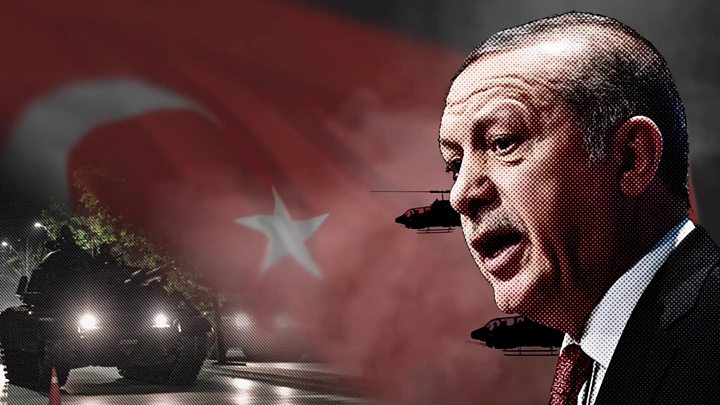US Congresswomen have protested for the right to bare arms in parts of Washington DC's Capitol building.
The National Rifle Association may be disappointed to learn that this is not a typo. They are not campaigning to bear weapons, but to stand against the Congressional dress code.
The long-standing code bans sleeveless tops, among other things.
The protest comes after a number of women have recently reported being told their outfits violated the rules.
Female reporters have said they had been prevented from entering the lobby area, where the press meets to ask questions of US politicians.
On Friday, Representative Jackie Speier tweeted to encourage colleagues to dress in clothes that showed their arms, calling the protest "Sleeveless Friday".
A group of around 25 women gathered on the steps of Congress, wearing sleeveless shirts and dresses.
"It's 2017 and women vote, hold office, and choose their own style. Time to update House Rules to reflect the times!" tweeted Congress member Chellie Pingree.
Although the rules are long-standing, they are rarely enforced, and so those affected recently expressed surprise.
News network CBS said one reporter tried to fashion makeshift sleeves out of her notebook so she would be able to work.
The sleeves rule also applies to men, who are required to wear suit jackets and ties to enter the same areas.
Open-toed shoes are also not allowed.
Temperatures in Washington on Friday reached 36C (97F).
Policing of the rules is left to the chamber's security team, under the guidance of the house speaker.
After a backlash, House Speaker Paul Ryan emphasised that the code had not been devised under his term, and agreed it needs to be modernised.
"It came to my attention that there was an issue about dress code," he said in a press conference on Thursday morning, with a laugh.
Speaker Ryan said, earlier in June, that members should wear "appropriate business attire".
In the UK, a similar debate recently erupted when House of Commons Speaker John Bercow said he was happy to relax the rules.
In June, he accepted a question from a member of parliament who was not wearing a tie.
He also said members should wear "businesslike attire".
Yet what this constitutes in 2017 - especially with the rise of more casual media and tech companies - is not always clear.

















